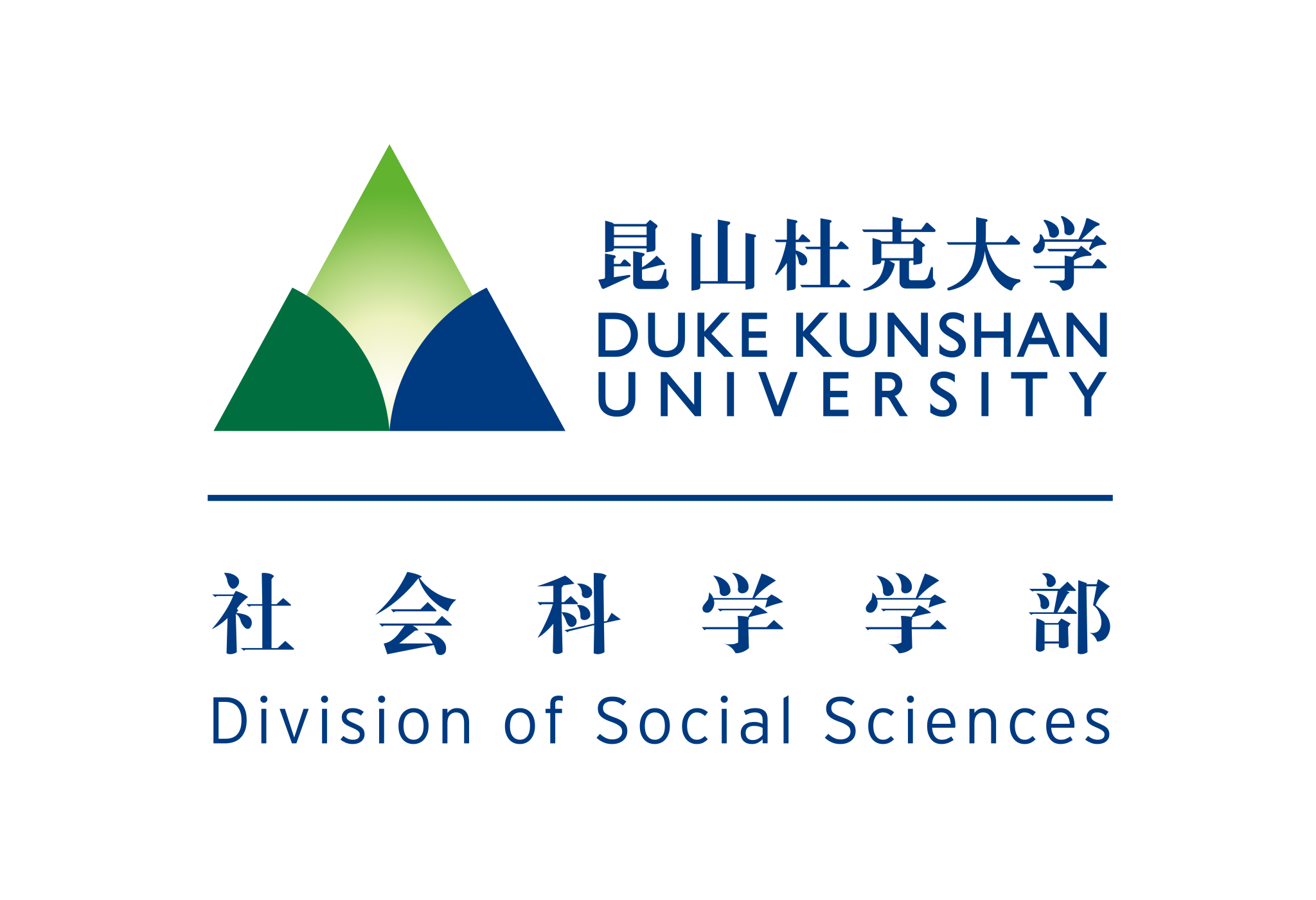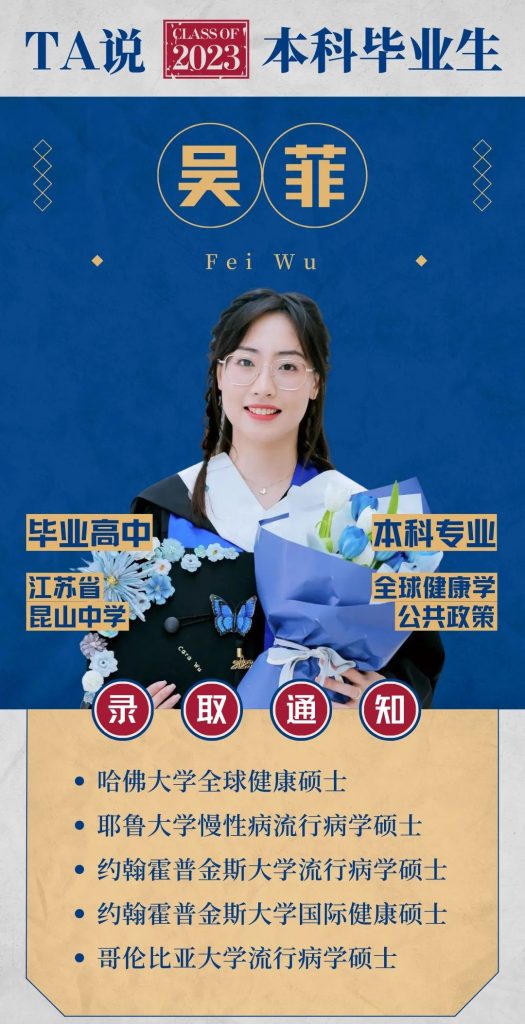
01 Why DKU?
In the last year of high school, my teacher gave a task: choose a university of our choice. DKU, which is just across the street from my high school, naturally became an option worth considering.
At first, I was hesitant about whether DKU was the best choice because I grew up in Kunshan and was worried that living in the same city would limit my vision. However, after getting to know DKU in depth, I realized that the international academic atmosphere here can provide me with a broad platform for development. Here, I will have the opportunity to communicate with classmates and Professors from all over the world. I firmly believe that this diverse environment will stimulate my curiosity about the world and lead me to find the direction of the future. I hope to explore various disciplines, learn diverse skills, deepen my personal interests, and choose a field of passion in practice to pave the way for my future work.
02 Stories About My Major And Me
During freshman and sophomore years, I actively explored multiple disciplines such as Psychology, Environmental Science, Biology, Philosophy, and Global Health. During the exploration, I was fortunate to take two courses, Global Health Foundations and Global Health Methodology, taught by Professor Wu Chenkai. The first course profoundly showed me the appeal of Global Health, aroused my strong interest in this field, and made me firmly choose Global Health as my major. The second course made me realize the importance of statistical methods in the field of health and understand that they are powerful tools for understanding and improving people’s quality of life.
For this reason, when I learned that the Humanities Research Center (HRC) of DKU was recruiting research proposals, I immediately consulted Professor Wu, hoping to initiate a mixed methods study on antenatal depression and male emotional involvement under his guidance. Although Professor Wu’s main research area is not antenatal depression, he gave great support to my research interests and agreed to serve as my mentor, providing me with valuable guidance and suggestions on methodology. In the end, the research project successfully obtained a research fund of 10,000 yuan from HRC, which provided valuable support for me to conduct in-depth research on topics I care about and apply statistical methods to solve practical problems.
During my study at Duke Kunshan University, I not only enjoyed rich disciplinary resources and advanced research facilities, but more importantly, I met many outstanding mentors. Their guidance and encouragement made me gradually grow into a learner who actively pursues knowledge. This academic environment has stimulated my desire for knowledge and pushed me to actively explore and develop my interest in the field of Global Health. I look forward to making substantial contributions to issues such as mental health and maternal and child health in the future and making my own efforts to improve global health.
03 Significant Research Experience
My Signature Work is a systematic review and meta-analysis focusing on the effectiveness of family interventions for childhood obesity in mainland China. In my sophomore year, I had a series of discussions with my mentor, Professor Chen Meifang, to determine the direction of my graduation project and start preparations. However, during the implementation process, I gradually noticed some defects in the previous design and encountered many difficulties in execution due to the software adaptability problem.
Just when I was troubled and even discouraged, Professor Chen’s delicate and patient guidance pointed me in the direction of progress, giving me the confidence to overturn my previous design and revise the research topic. I am very grateful that Professor Chen reminded me to start preparation as early as possible in my sophomore year and let me join her summer research scholar program, which enabled me to accumulate experience in research methods in advance. Even if the topic was revised later, I was able to complete the graduation project with ease.
In the end, the systematic review I completed sorted out the characteristics of family obesity interventions for Chinese children in the past three decades and explored the effectiveness and potential of family-based interventions for weight control in Chinese school-age children. This experience not only gave me a deeper understanding of China’s obesity problem, but also brought great improvement in my personal growth. When I decided to overturn my original research, I learned to challenge and question myself. I firmly believe that doing scientific research requires critical thinking, patience and perseverance, as well as the flexibility to adapt and solve problems.
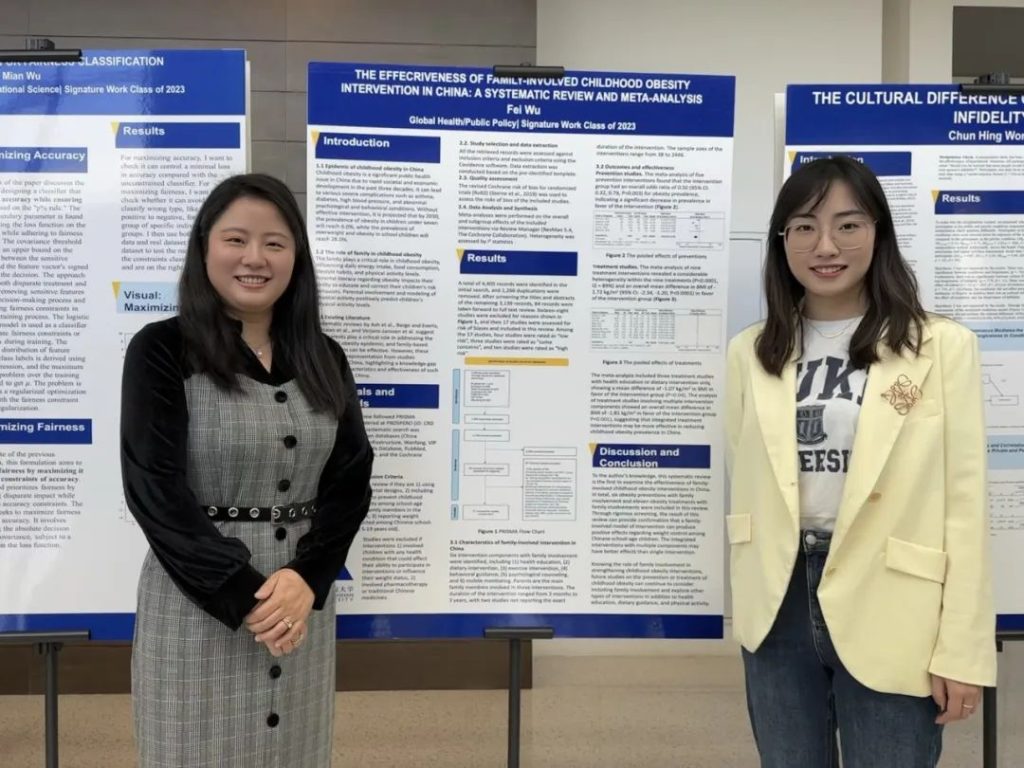
Photo with Mentor Professor Chen Meifang at the Signature Work Performance
During the summer vacation of my junior year, I was fortunate to join Professor Yan Lijing’s team and participate in the Chinese Rural Stroke Patients and Families Longitudinal Study (SaFaRI) project. The study aims to evaluate the blood pressure, secondary prevention drug compliance, physical activity, stroke recurrence, hospitalization and death of rural stroke patients in recent years, and to establish a dynamic continuous cohort of stroke patients with characteristics of rural areas in northern China.
The small task of developing a manual for the follow-up process has always impressed me. This project is a longitudinal study involving more than 1,000 participants, so correct classification and maintaining a high follow-up rate are two important challenges in the implementation process. At first, because I had no previous experience in field investigation, my design did not fully consider the various situations that might be encountered in the field implementation. However, Professor Yan, in her unique gentle and rigorous way, guided me to review and adjust the survey process many times.
According to the patient’s health status, walking ability, communication ability, survival status and location, we divided the survey process into different stages. Through such adjustments, we were able to adhere to the principle of “visiting as much as possible” proposed by Professor Yan, fully and accurately grasp the situation of each patient, and maintain a high follow-up rate. I also deeply realized the rigor and foresight required for scientific research.
In addition, in the process of building the logic of the Qualtrics questionnaire collection tool and the Verbal Autopsy collection platform, I continued to learn and research related technologies to ensure that we could collect accurate and useful data. I referred to the experience of similar studies at home and abroad, and combined with the characteristics of our survey subjects, I made reasonable adjustments and customizations to meet the needs of the rural population in northern China.
Through this experience, I not only gained rich experience in academics, learned to flexibly respond to changes in the field environment, and optimize the efficiency and reliability of the research process, but also gained a deeper understanding of the significance of public health empowering vulnerable groups. I deeply realized that through scientific research, we can contribute to social health and fight for the rights and interests of those groups who need support and attention.
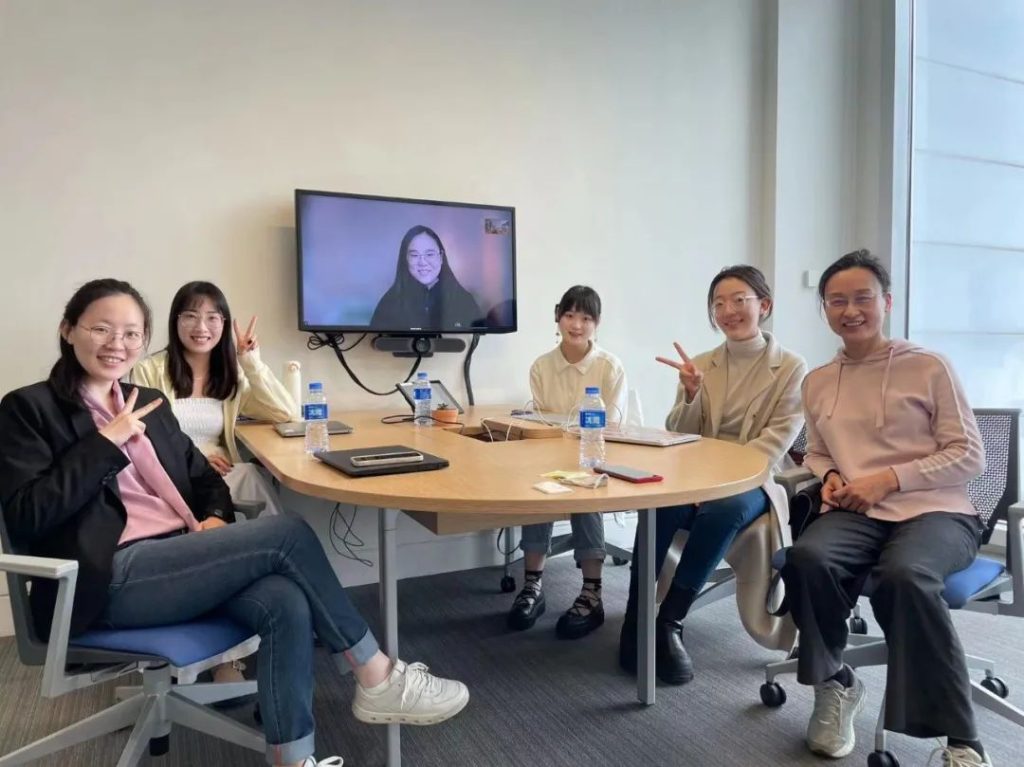
Photo with SaFaRI project team members
04 Meaningful Leadership Experience
From sophomore to senior year, I worked as a Resident Assistant (RA), a position that required managing 30-40 residents and creating an inclusive and safe living environment for them.
This three-year experience was of great significance to me. As an RA, I need to proactively communicate and interact with students, encourage them to participate in community activities, listen to their voices and needs, and provide them with necessary support and guidance. I deeply understand that creating a truly inclusive and safe living environment requires not only providing basic accommodation conditions, but also establishing a community atmosphere of mutual respect and support, and understanding and appreciating the diverse backgrounds and experiences of students.
I once led the planning of a Mid-Autumn Festival party with the theme of “Love you to the moon and back”. From making snowy mooncakes to painting lanterns, to a series of links such as singing and dancing parties, my team members and I showed all the students the charm of the Mid-Autumn Festival and the profound heritage of Chinese culture. Such exchanges and interactions not only make us better understand and respect each other’s cultural differences, but also deepen our friendship and understanding.
Through this valuable experience, I deeply understand the importance of teamwork and the power of culture. In the future, I will continue to work hard to become a leader who is both inclusive and supportive of others. I firmly believe that true strength comes from cooperation, and true culture comes from the pursuit of common human values.
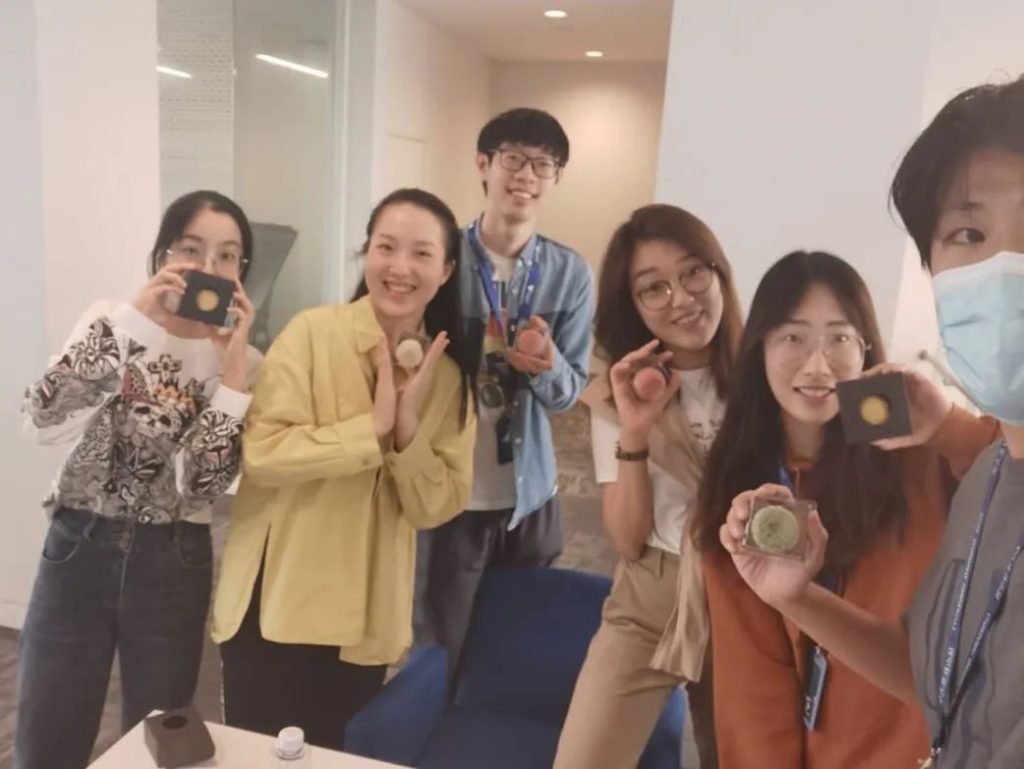
RA team members
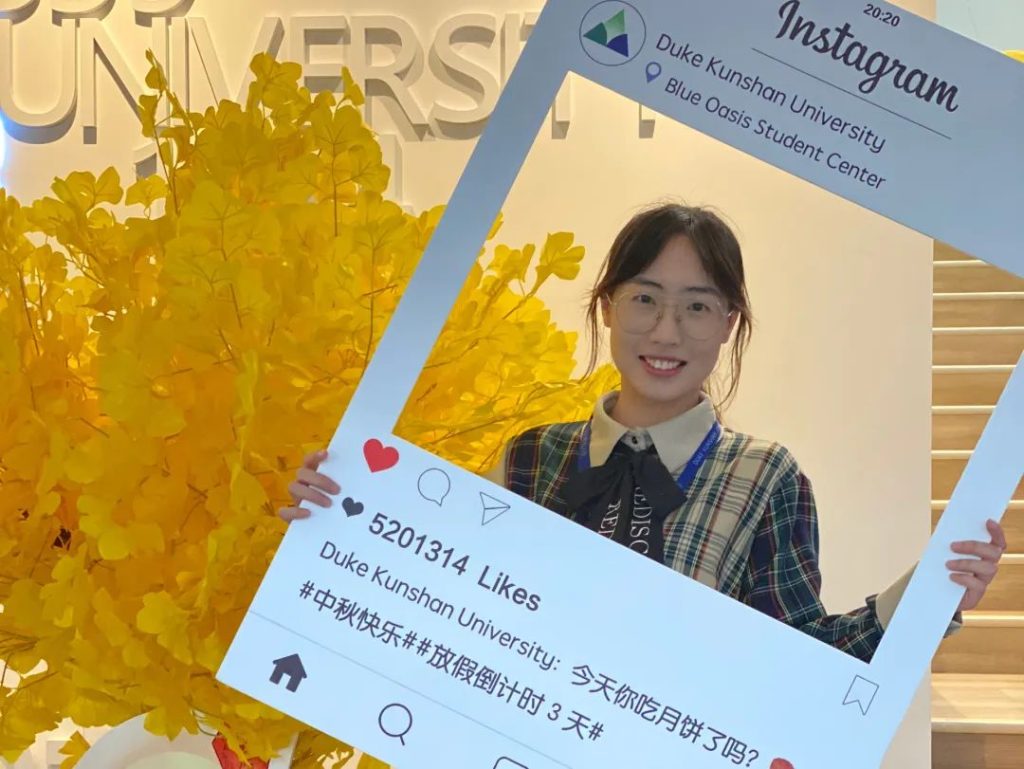
Memorial photo of the Mid-Autumn Festival Gala
05 Plans After Graduation
After graduation, I will go to Harvard University to pursue a master’s degree in Global Health. My goal is to contribute to improving global health through education, research and service from a population-based perspective. I hope to be a bridge between research and practice, and truly apply research results to people’s lives. This master’s program will provide me with deeper academic knowledge and professional skills, enabling me to participate in the field of global health more influentially.
06 Growth During 4-years Undergraduate
For me, the most significant growth is the transformation from a passive recipient to an active learner. In the English for Academic Purposes (EAP) course in my freshman year, we learned about extrinsic motivation and intrinsic motivation. Four years ago, I didn’t know my goal, but just followed the crowd mechanically. At that time, my learning motivation mainly came from extrinsic factors. However, after coming to Duke Kunshan University, I found a field that ignited my passion and met many excellent mentors and friends. These experiences inspired my intrinsic love and gradually pushed me to actively pursue what I really want.
My four years at Duke Kunshan made me realize that true growth comes from internal motivation and love of knowledge. I am no longer satisfied with passively accepting knowledge, but actively participate in various academic projects and practical activities to improve my learning ability and skills. This proactive learning attitude not only enables me to better understand the knowledge I have learned, but also inspires me to keep moving forward on my academic road.
07 Suggestions To Fellow Students
If we are seeds waiting to sprout, then DKU is the fertile soil that helps us break through the ground and grow towards the sun. Look for a field that matches your passion and invest time and energy to deeply understand and study it. DKU will provide you with all the resources you need to help you thrive.
Translated and Edited by Zhenyu Tian, Class of 2027
